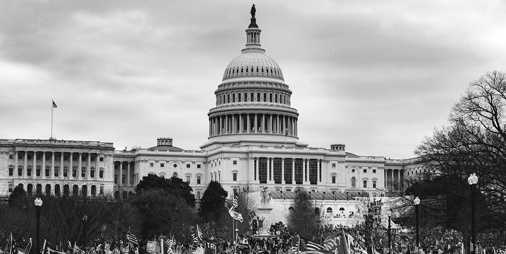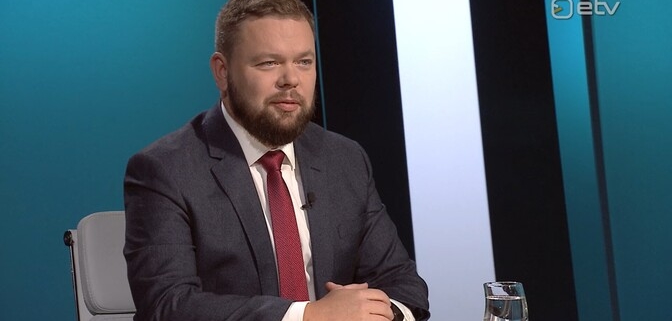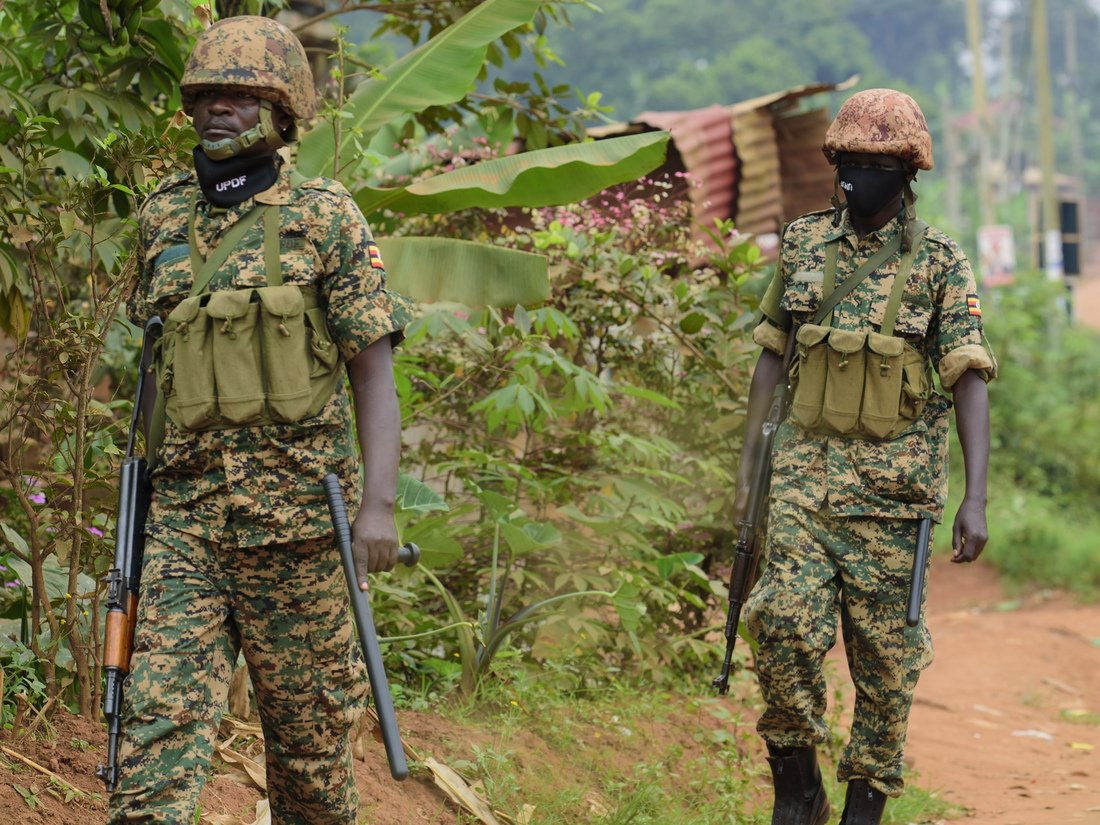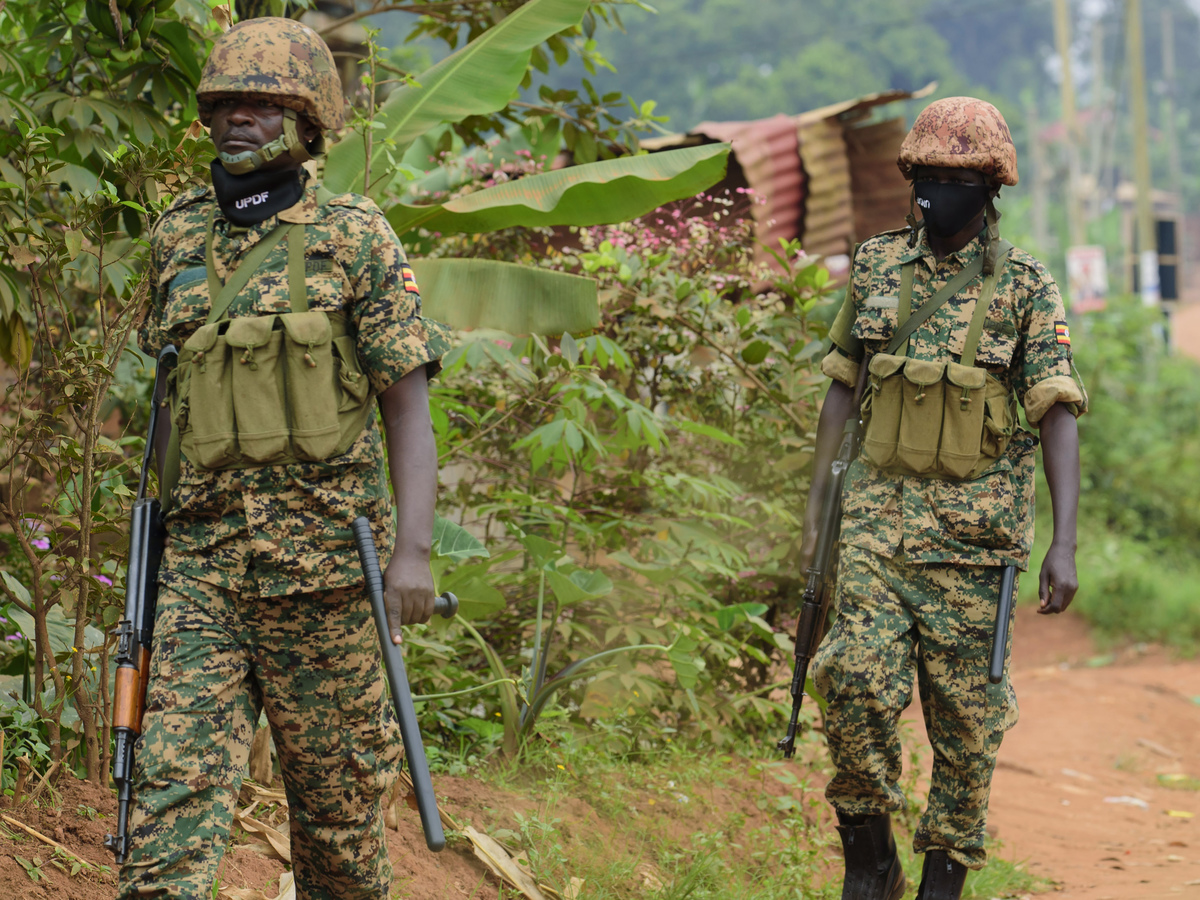Iranian hackers charged with cybercrimes in connection with attempts to influence 2020 US Presidential Election
Pair were affiliated with group that tried to secure a win for Donald Trump

Two Iranian nationals have been charged in connection with a disinformation campaign intended to threaten the integrity of the 2020 US Presidential election.
A statement released by the US Department of Justice (DoJ) yesterday (November 18) stated that the men were charged for their involvement in “a cyber-enabled campaign to intimidate and influence American voters, and otherwise undermine voter confidence and sow discord”.
Seyyed Mohammad Hosein Musa Kazemi (سید محمد حسین موسی کاظمی), also known as Mohammad Hosein Musa Kazem and Hosein Zamani, 24, and Sajjad Kashian (سجاد کاشیان), also known as Kiarash Nabavi, 27, are described as computer hackers who worked as contractors for an Iran-based company formerly known as Eeleyanet Gostar, and now known as Emennet Pasargad.
Eeleyanet Gostar purported to provide cybersecurity services within Iran with customers including the Iranian government, the statement alleges.
Accusations
The defendants are accused of obtaining confidential US voter information from at least one state election website; sending threatening email messages to intimidate and interfere with voters; and creating and disseminating a video containing disinformation about purported election infrastructure vulnerabilities.
The pair are also accused of attempting to access several US states’ voting-related websites, and successfully gaining unauthorized access to a US media company’s computer network that could have enabled them to disseminate false claims after the election.
US attorney Damian Williams for the Southern District of New Yorks commented: “Working with others, Kazemi and Kashian accessed voter information from at least one state’s voter database, threatened US voters via email, and even disseminated a fictitious video that purported to depict actors fabricating overseas ballots.”
BACKGROUND Spoiling the ballot: Cyber issues cast cloud over US presidential election
The…






